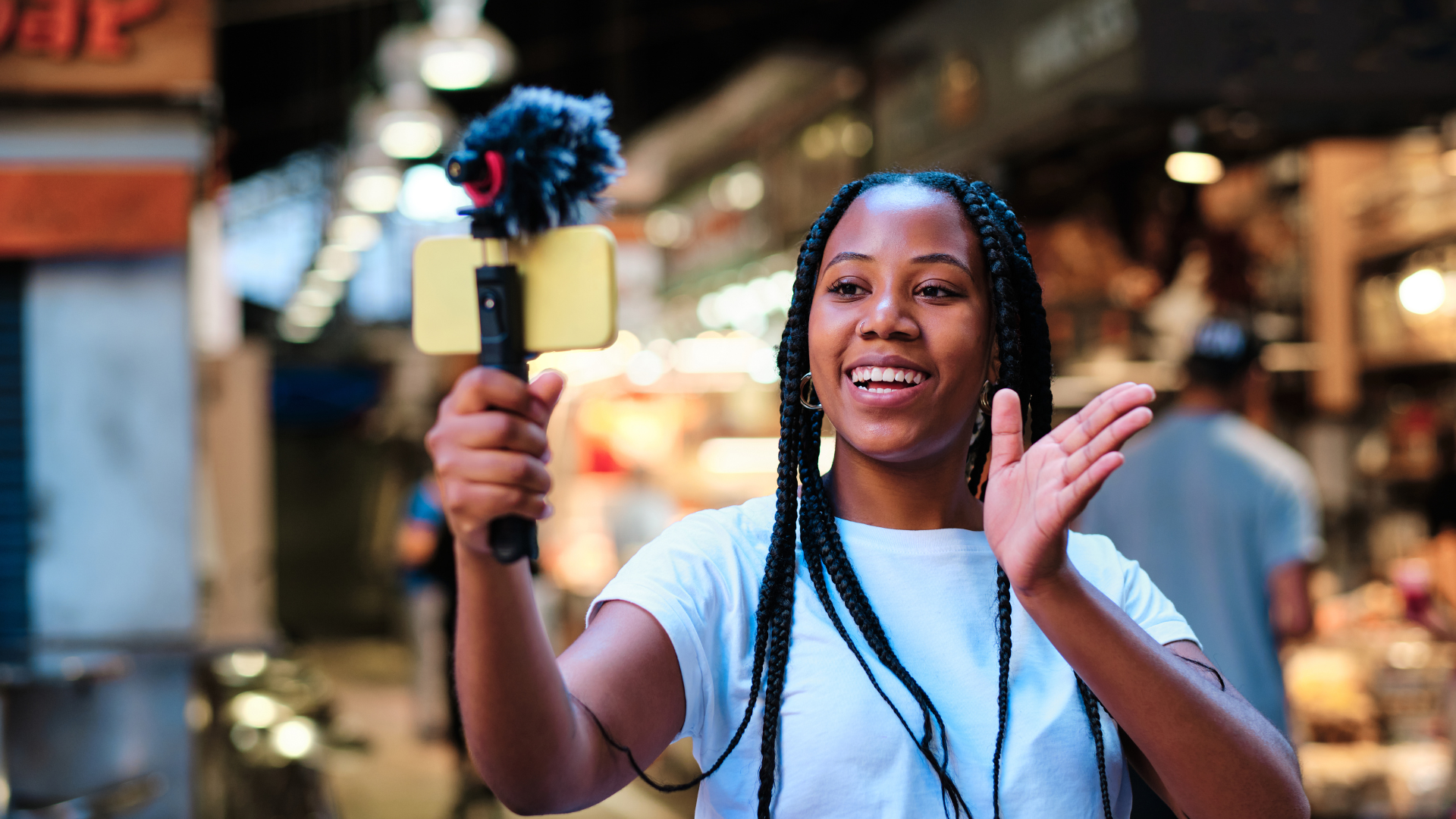Why Social Media Is the New Search Engine for Travel
Gen Z’s digital-native upbringing means they instinctively turn to visual, dynamic content for information. Traditional blog posts and static image galleries often fall short of their expectations. They crave authenticity and raw, unfiltered experiences, which short-form video excels at delivering.
- Authenticity Over Ads: A short video from a local or a fellow traveler showing a hidden coffee shop or a lively market is far more trustworthy than a sponsored ad or a generic listicle. Gen Z wants to see the vibe, hear the sounds, and feel the energy of a location before they commit.
- Visual and Immersive Discovery: A TikTok or Reel can tell you more in 15 seconds than a dozen photos. It shows a hotel room in motion, a restaurant's atmosphere, or the journey to a scenic viewpoint. This immersive content allows them to virtually "experience" a destination, making their decisions feel more personal and informed.
Hotspot Hunting: Gen Z wants to find the coolest, most unique spots, not just the famous tourist attractions. They follow creators who share secret viewpoints, trendy cafes, and local-approved bars. A hotel featured in a "must-visit list" on a popular travel account can instantly become a hotspot.
The Power of Influencers and Community
This preference for user-generated content over professionally produced ads also means that influencers and micro-influencers play a pivotal role in shaping travel trends. A viral TikTok video featuring a hidden cafe or an under-the-radar destination can instantly put it on the map for millions. Travelers are looking for recommendations from "real people" they can trust, rather than official tourism boards or review sites that might feel less impartial.
Furthermore, the interactive nature of these platforms fosters a sense of community and direct engagement. Gen Z travelers often use the comments section to ask specific questions about logistics, prices, or accessibility, and they value quick, personal responses. This peer-to-peer exchange of information further solidifies the platforms as indispensable planning tools.

What This Means for the Travel Industry
For businesses and destinations, understanding this paradigm shift is crucial. It means adapting marketing strategies to prioritize video content, collaborating with relevant creators, and fostering authentic engagement. The focus has moved from showcasing amenities to crafting an engaging narrative that resonates with modern travelers.
It’s no longer enough to simply have a website; being present and actively participating in the conversations happening on TikTok and Instagram is paramount to capturing the attention and loyalty of this influential demographic. Your social media presence isn't just a marketing tool; it's your new digital front desk and primary point of contact. The future of travel planning is visual, dynamic, and incredibly social.

